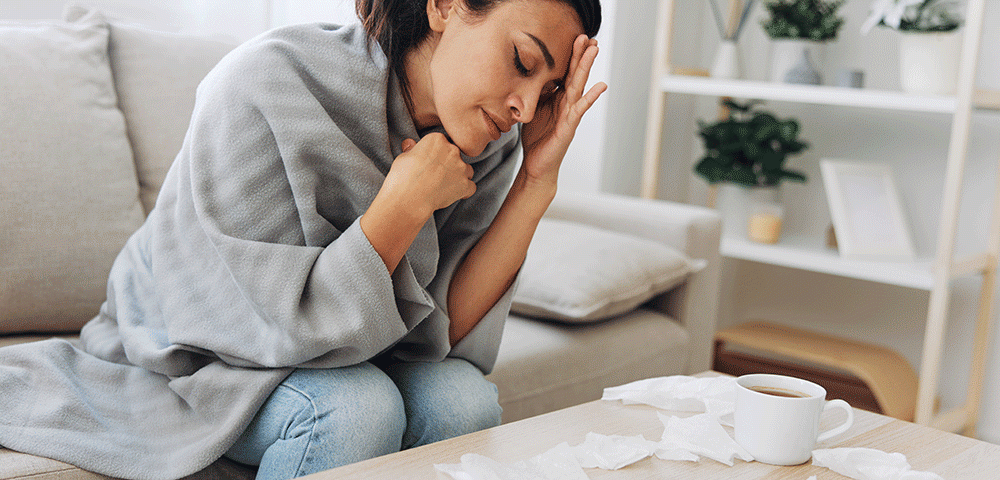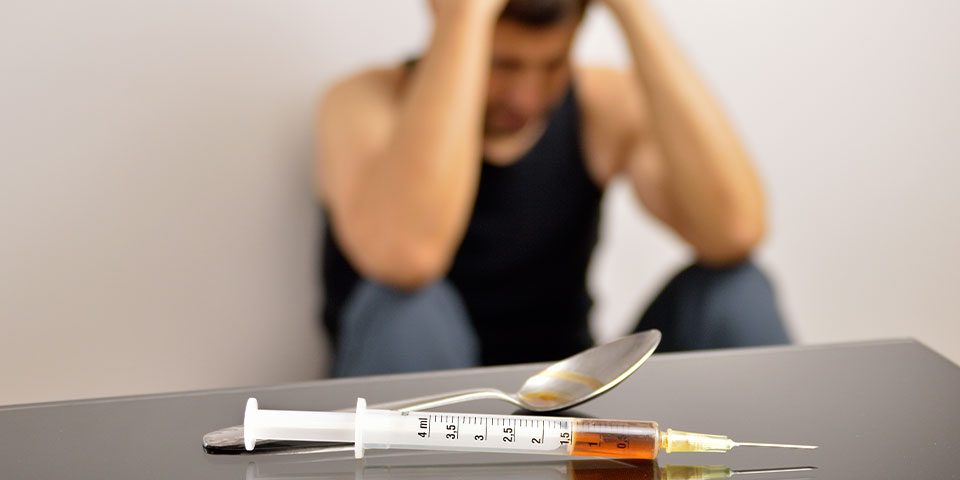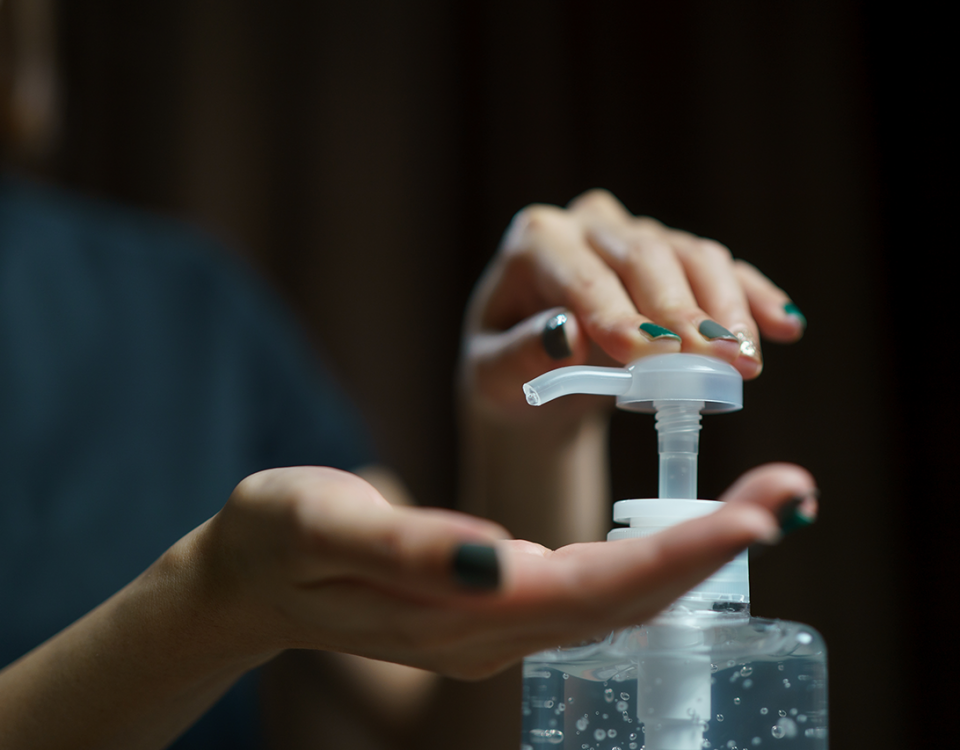It is a part of life to face struggles, worry, and overall stress. Setbacks can produce feelings of anger, confusion, fear, and sadness, while the burden of these instances can have a noticeable effect on the ways we function in our daily lives. In response to this, many people choose to try and handle these struggles on their own. Whether it is through drinking alcohol, smoking marijuana, or other forms of substance use, relying on one's own devices to manage their worries and other negative emotions can have dire consequences. Banyan Stuart explains the risks of self-medicating to deal with stress.
Why Do People Self Medicate?
Why someone self-medicates will vary from person to person. Many people will decide that popping a pill or cracking open a cold one is an easier option than seeking professional help. This could be due to their financial situation, temperament, past negative experiences regarding psychiatry or other mental health resources, and overall denial of their current situation. It is also understandable that during times as turbulent as the one we currently live in; many people will gravitate towards drinking or smoking their feelings of uncertainty away.
Some people will also abuse substances to try to forget past traumatic experiences. Unresolved trauma is an extremely common occurrence, especially in areas where proper mental health care is not prioritized. Others may also rely on drugs or alcohol to face uncomfortable situations or meet obligations in a timely manner. Misinformation and stigma regarding addiction can also play a role in a person's desire to reject that a problem is even present, and they may develop dependencies that can stay with them for the rest of their lives. Luckily, our Stuart, FL, rehab offers treatment for a myriad of addictions that can help you get your life back on track.
Questions about our Facilities or Programs?
Our admissions coordinators are available 24/7 to answer any questions you may have as you consider whether treatment at Banyan is right for you or your loved one.
Methods of Self-Medication
There are a variety of substances that a person can use to be self-medicated, sometimes without even realizing it.
Common vices include:
- Food - Believe it or not, emotional eating and binges are commonly practiced by people that find it to be relaxing and comforting in the face of stress. Since a wide percentage of meals and snacks considered to be comfort foods are high in calories, fats, and sugar, this form of relief can have a devastating effect on a person's physical and mental health.
- Nicotine - Despite helping some people stay focused, this substance found in cigarettes and related tobacco products can exacerbate the symptoms of ADHD while making it that much harder to quit. It is also worth considering the booming popularity of vapes and e-cigarettes, especially among teenagers and young adults.
- Alcohol - This tends to be the most common way that someone will medicate themselves without medical intervention. Because it is so widely available, countless people will depend on wine, beer, or liquor to manage symptoms of anxiety and depression. It is worth considering, however, that since alcohol is a depressant, that means it can produce the opposite effects that a person is going for, making whatever they may be experiencing that much worse.
- Prescription medications - This may seem confusing since drugs in this category need a prescription from a doctor or another qualified medical professional to obtain them. Sadly, this does little to stop the illegal distribution of substances like ADHD meds, anti-anxiety drugs, and opioids to people that are susceptible to abusing them.
- Recreational/illicit drugs - Cocaine, amphetamines, and cannabis are all commonly used to deal with distressing scenarios and the emotions associated with them. Even the intention of trying a substance once can develop into an addiction that is that much harder to break away from.
No matter the substance that you prefer, self-medicating to deal with stress holds a significant amount of risk that many are not even aware of until it is too late.
Why Is Self-Medication Dangerous?
Self-medication is dangerous due to the wide variety of issues that can present themselves on top of addiction.
First, symptoms are at risk of being exacerbated. How our bodies will react to them can be a toss-up when going in blind or without professional guidance. Second, some substances can trigger additional mental health struggles that you did not even consider. An example of this would be marijuana-induced psychosis or depression caused by prolonged opioid abuse. Third, what you take on your own is likely to interact with any medications that you were prescribed. Therefore, many drugs will come with the warning to not take them with alcohol. Finally, although someone can feel their habits of self-medication are beneficial, this phenomenon may deter them from getting professional help when they need it most.
For those in need of this care, our Stuart, Florida, drug rehab offers many effective programs that are designed to guide our patients throughout the recovery journey.
Getting into treatment is easy with our free insurance verification
"*" indicates required fields
For more information on the therapies available at the Stuart, Florida, Banyan Treatment Center, call us today at 888-280-4763.
Related Reading
What Does California Sober Mean, and Is It Actually Effective?









